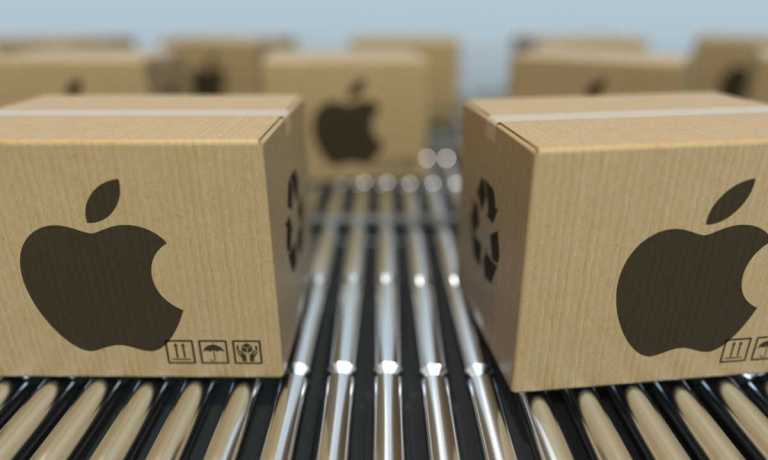iPhone Sales in China Jump 12% Following Markdowns

Retailer discounts reportedly helped drive a roughly 12% increase in Chinese iPhone shipments in March.
Shipments of foreign smartphones — most of which would have been Apple’s flagship product — rose to 3.75 million units in March, Bloomberg News reported Wednesday (May 8), citing data from the China Academy of Information and Communications Technology.
The 12% increase follows a 37% slump in the prior two months, the report says, noting that it comes after Apple CEO Tim Cook said last week that the company’s iPhone sales in China had grown during the prior quarter.
“We still saw growth in the iPhone in some markets, including mainland China,” Cook said, as sales from the greater China market were down 8% from a year ago.
Responding to analysts’ questions about China, Cook said, “What we saw was an acceleration from Q1, and it was driven by iPhone. … The other products didn’t fare as well, and so we clearly have work there to do. I think it has been and is, through last quarter, the most competitive market in the world.”
Apple has spent the last year battling to jumpstart its business in China as it faces off against local companies like Huawei and a ban on iPhone use by employees of state agencies and government-owned companies.
According to the Reuters report, data from the academy shows foreign shipments of smartphones declining 27% in the first quarter of this year.
Meanwhile, PYMNTS’ Karen Webster examined the state of Apple earlier this week in the wake of the company’s latest earnings.
“Despite all its stunning achievements, by any objective measure Apple faces multiple serious and strategic issues,” she wrote. “Issues so fundamental that everyone should be asking questions about the many assertions supporting its future as a leading mobile technology ecosystem — and its stratospheric market cap.”
That piece catalogs the various ways in which Apple is struggling: Wearables have declined in popularity, the Vision Pro seems to be struggling to gain traction and the connected car has been put on ice.
“Unless Apple has another transformative product innovation hiding up its sleeves, Apple’s growth is entirely dependent upon people buying the next generation of iPhone, upgrading them and using them. The same form factor, more or less, that they have been buying for the last 17 years,” Webster wrote.
For all PYMNTS retail coverage, subscribe to the daily Retail Newsletter.